You write to communicate to the hearts and minds of others what’s burning inside you. And we edit to let the fire show through the smoke. ~ Arthur Plotnik
A while back, I had a friend who would go through my chapters and work her grammar magic to get them in relatively clean condition. This friend was an avid reader, fantastic crit-partner, and incredibly skilled at identifying other things such as characterization, plot weaknesses, and even cultivating ideas for future projects.
In my naiveté, I was stunned to learn she didn’t write for one simple reason, prompted by her own admission that, well, she couldn’t. Storytelling as an art and creative writing simply wasn’t her forte, despite my observational evidence to the contrary.
Several years have passed since then. Now I am a multi-published author as well as a professional editor. Balancing these things can be gruesome, especially if a long break stretches between doing one or the other. For example: I finished my NaNoWriMo project toward the end of November last year. I was creatively exhausted, and more than happy to take December off from writing to work on editing. Now, midway through March, I find it increasingly difficult to get back into the writing groove. I’ve written here and there, but not nearly as much as I wanted to have done by a quarter into the new year. On the other hand, my editing assignments keep coming, and I’m knocking them back with little trouble. Switching from critical to creative is a bitch, because most authors already have a tendency to self-edit along the way. For those of us who edit and write, it’s nearly impossible.
Of course, this is hardly limited to the published editors among us. Well before I edited for anyone, I had a bout of tremendous writer’s block due mostly to the errors I caught in manuscripts submitted for publication, even those that were eventually accepted and published. I’d see my mistakes, I’d be on the lookout for flaws that had been pointed out to me by my editors and try to alter my style as I wrote. This led to a writing stalemate.
Some lessons have to be learned and relearned. I can’t stress this enough—to get any words out, you can’t worry about how it sounds. You can’t fret over word choice or sentence construction, nor can you ignore these things when it comes time to clean up the manuscript for submission. Creativity won’t survive if you keep shoving your work under a microscope. You’ll lose sight in the endgame while worrying over the small things. Whatever you write is subject to change, but you can’t improve anything if your manuscript is blank.
Keeping this in mind is beyond difficult. However, editing fiction and writing fiction are two very different beasts. It seems otherwise because both involve knowing one’s way around grammar and story mechanics. Don’t be discouraged if you can’t find your voice after your last manuscript has been edited within an inch of its—and your—life. We’ve all been there.
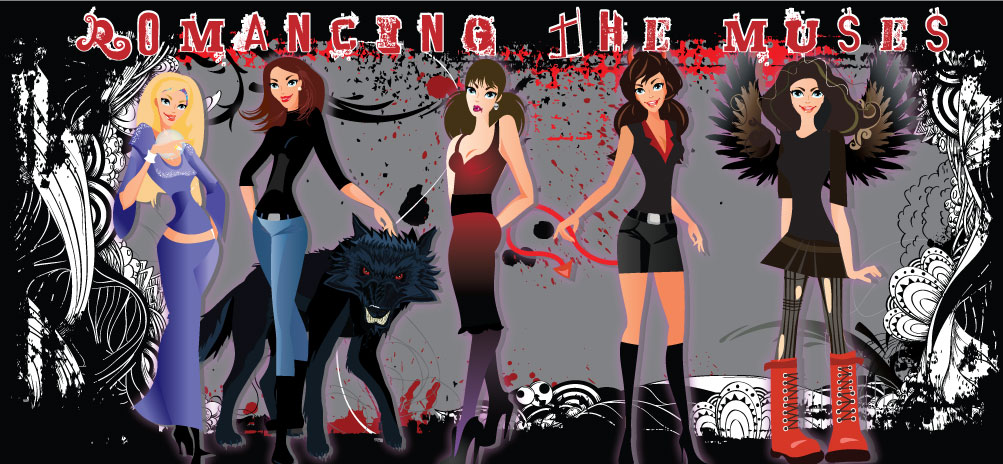
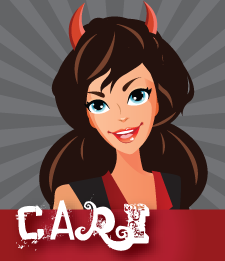
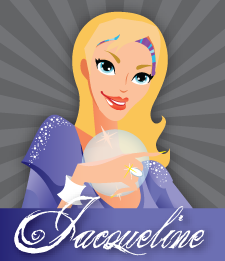

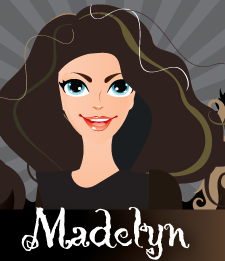
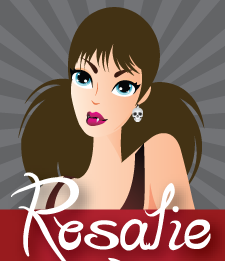
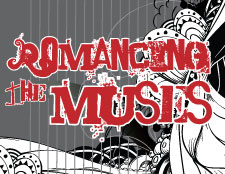



0 comments:
Post a Comment